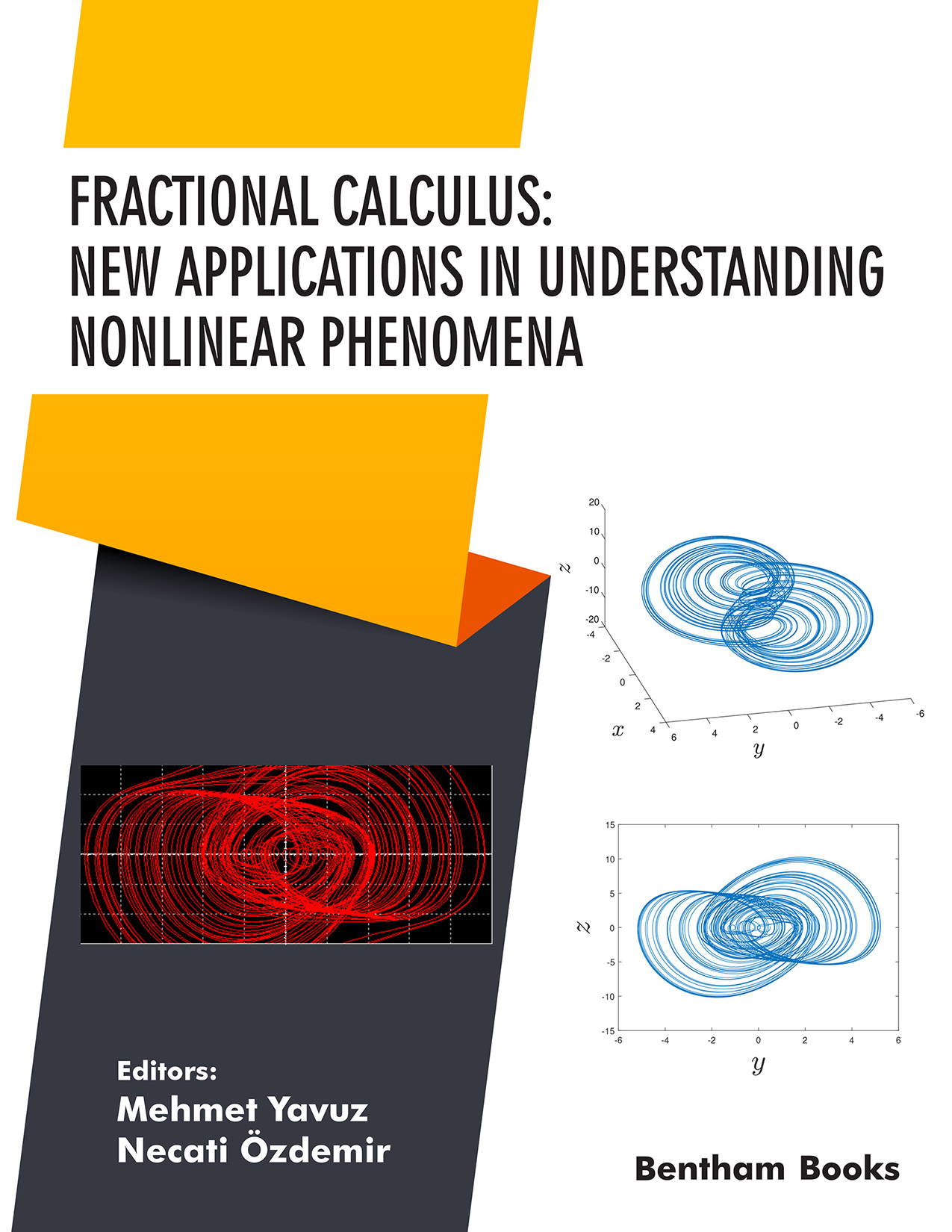Introduction
In the last two decades, many new fractional operators have appeared, often defined using integrals with special functions in the kernel as well as their extended or multivariable forms. Modern operators in fractional calculus have different properties which are comparable to those of classical operators. These have been intensively studied for modelling and analysing real-world phenomena. There is now a growing body of research on new methods to understand natural occurrences and tackle different problems.
This book presents ten reviews of recent fractional operators split over three sections:
- - Chaotic Systems and Control (covers the Caputo fractional derivative, and a chaotic fractional-order financial system)
- - Heat Conduction (covers the Duhamel theorem for time-dependent source terms, and the Cattaneo–Hristov model for oscillatory heat transfer)
- - Computational Methods and Their Illustrative Applications (covers mathematical analysis for understanding 5 real-word phenomena: HTLV-1 infection of CD4+ T-cells, traveling waves, rumor-spreading, biochemical reactions, and the computational fluid dynamics of a non-powered floating object navigating in an approach channel)
This volume is a resource for researchers in physics, biology, behavioral sciences, and mathematics who are interested in new applications of fractional calculus in the study of nonlinear phenomena.
Audience :
Academics interested in mathematical analysis; researchers in natural sciences and social science.

